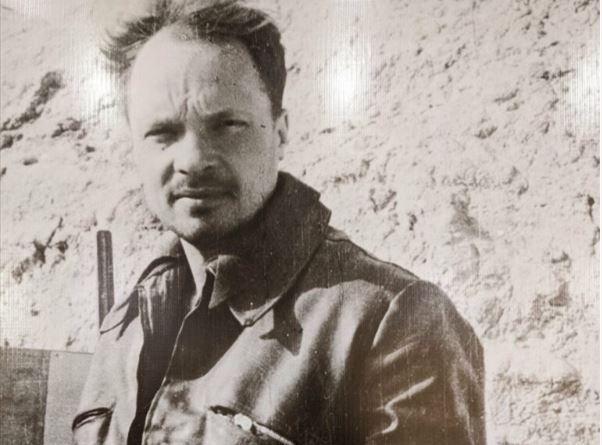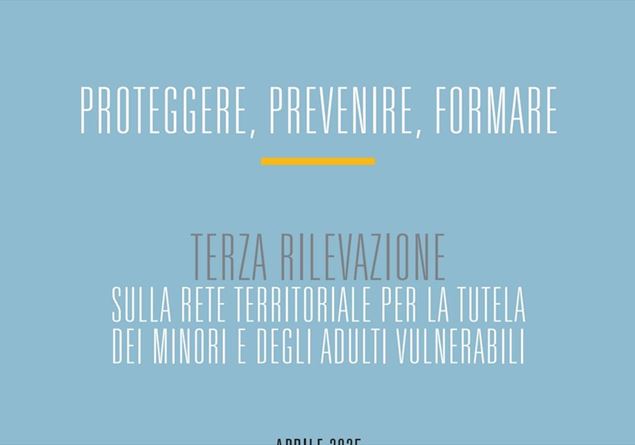by Lorenzo Rossi
There is a certain type of books that can be read in one breath and others who, while devouring them, feel over for a long time, like a perfume that returns to knock on certain winter days. Even if forbidden by Giulio Ravizza belongs decisively to both categories. It is an overwhelming and necessary work, of those that report the reader where the collective memory risks discoloring: in the large and tragic epic of the Russian avant -garde, in the creative madness of Igor Vitalyevich Savitsky, in the USSR of silence and censorship.
The novel opens with an ex -hotel that is already a declaration of poetics: “The absurd facts of this novel are true while the ordinary ones are invented”. And it is precisely in the historical absurd, in the royal grotesque, that Ravizza finds the right tone to tell a story so incredible as to be authentic. Igor Savitsky – real, unknown and titanic character – is the protagonist of a cultural and human odyssey: he collected and saved, under the nose of the Soviet regime, hundreds of prohibited art masterpieces, subtracting them from oblivion and destruction, to keep them in the most unlikely museum of the USSR: that of Nukus, in Karakalpakstan, an end at the end of the end. world.
Ravizza tells this mission with a lucid and poignant irony, intertwining the romance invention with a rigorous, but never heavy historical reconstruction. Writing is vivid, theatrical, often lyrical, yet sharp as the blade that reveals a truth hidden under propaganda. It is impossible not to become attached to Igor, “director in slippers” with a chronic cough and a poet soul, whose heroism is inversely proportional to his physical prowess. A magnificent anti -hero, which advances in the Soviet desert armed only with a turntable and an X -ray transformed into vinyl, to listen clandestine Rachmaninoff.
Each page of this novel is a tribute to the strength of beauty, to the obstinate courage of the artists who painted what “could not be” and the widows who kept their works as relics. Each meeting between Igor and one of these women is a small theatrical drama that ends with the same melody: salvation. But it is also a reflection on the sense of art, on the relationship between memory and power, between truth and narration. “They buried Lev without knowing that it was the bulb of a flower,” Igor says to a widow, and there it is clear that his project is not just a museum, he is liturgical.
Ravizza succeeds in the miracle of making the history of a Soviet archivist one of the most intense and moving adventure novels of our time. Even if forbidden It is not only a tribute to art that resists – it is itself an act of resistance, a declaration of love for the courage of the humbles, a symphony for those who refuse the conformism of lies. An extraordinary novel, which every serious reader should read at least once. And then maybe even two. Unique, small (but not too much) relief. Savitsky has been called the Schindler of the works of art but in our opinion the comparison is Imrpoprio: Schindler saved life, Savitsky Works, and all masterpieces of humanity of all times do not apply as much as a human life.










